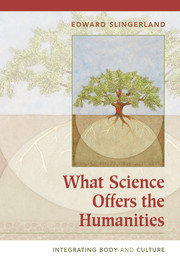Book contents
Preface
Published online by Cambridge University Press: 05 June 2012
Summary
The intellectual autobiographies of academic researchers are normally expected to remain invisible as they go about producing their work, which in turn is intended to stand alone and be understood and judged on its own merits. One of the many contributions to intellectual life made by the loose collection of movements I am going to be calling “postmodernism” in the pages that follow is the claim that the author's biography is not intellectually irrelevant. Although this – like many other postmodernist claims – has too often been taken to absurd extremes, explaining how I came to this project will, I think, help to clarify its motivation and the thrust of its argument. This will then also, I hope, make it clearer why someone might want to read this book.
When my colleagues and friends from graduate school see what I am reading these days, their reactions range from puzzled to horrified. When I mention the term “behavioral neuroscience” among a group of religious studies scholars or sinologists, most smile politely and begin slowly backing away, casting about for a safe exit route. As they slip away, I sometimes note wistful expressions of regret: they know that I had a perfectly respectable humanistic upbringing. What went wrong? I was first trained as a sinologist and specialist in early Chinese texts (both my B.A. and M.A. are in the classical Chinese language), and then my interest in comparative thought led me to a doctoral program in religious studies, where I received a firm grounding in my specialty of early Chinese thought, as well as in related areas of Western thought, such as German philosophical hermeneutics and the “virtue ethics” movement in philosophy.
- Type
- Chapter
- Information
- What Science Offers the HumanitiesIntegrating Body and Culture, pp. xi - xviPublisher: Cambridge University PressPrint publication year: 2008



